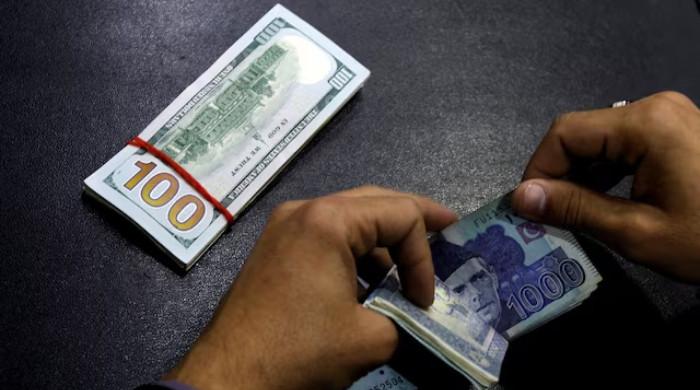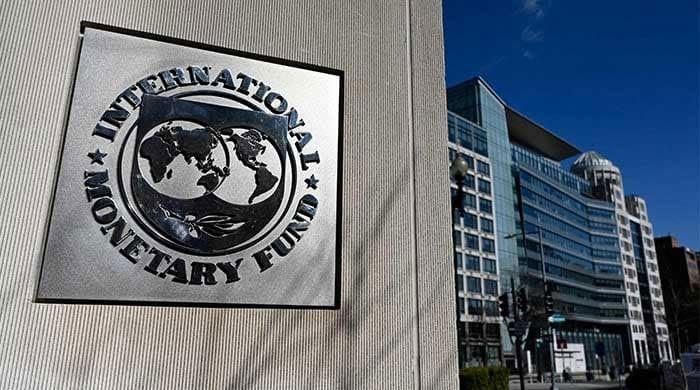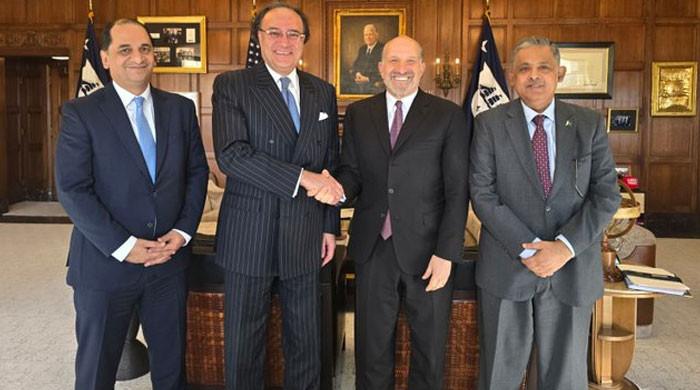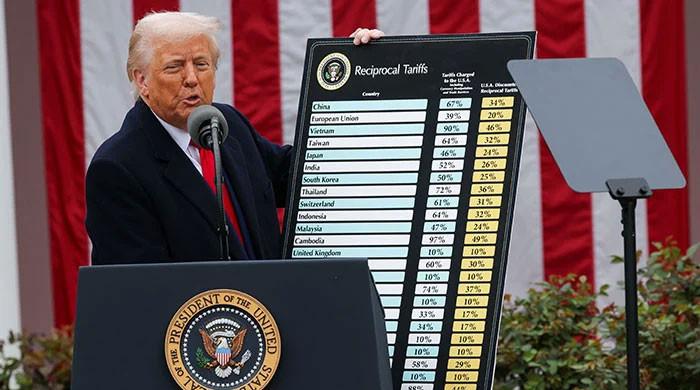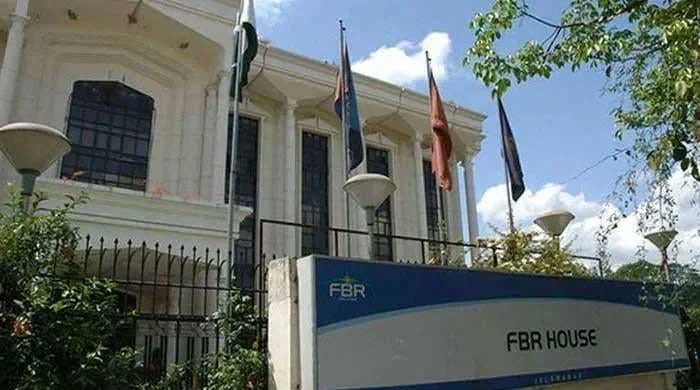Govt working on crypto framework aligned with FATF policies, says PM's aide
Bitcoin mining will be conducted through public-private partnership, says Bilal Bin Saqib
June 01, 2025
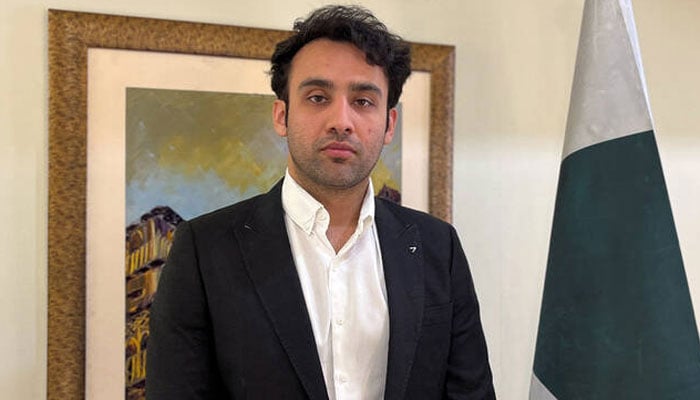
- "Not regulating crypto poses a major risk," warns SAPM.
- Global rate of crypto usage for illicit activities is 0.024%: Saqib.
- PM's aide clarifies govt won't spend money to buy bitcoins.
Special Assistant to the Prime Prime Minister (SAPM) on Blockchain and Crypto Bilal Bin Saqib on Sunday stated that the government was formulating a digital currency regulatory framework aligned with the policies of the Financial Action Task Force (FATF), a global body that combats terrorist financing and money laundering.
Speaking on Geo News programme “Naya Pakistan”, Saqib, who is also the Chief Executive Officer (CEO) of the Pakistan Crypto Council (PCC), said that the council would outline the country’s cryptocurrency regulatory framework.
Crypto has many economic benefits, the SAPM said and warned: "Not regulating crypto poses a major risk."
Globally, the rate of crypto usage for illicit activities is 0.024% while the rate of cash for such activities is 2% to 4%, he added.
Similarly, the use of cryptocurrency in money laundering was significantly lower than that of cash, the PM’s aide said. He maintained that there was a significant gap between policymakers and tech-savvy youth.
He further said that by regulating cryptocurrency, the government could also move towards AI data centres.
“We are not spending money to buy bitcoins; instead, we will utilise bitcoins seized by the government," he added. The PM’s aide said that they would introduce a “Bitcoin National Wallet” and put the seized Bitcoins in it.
People wanted to support Pakistan, he said, adding: "Donations from across the world will come into the wallet.”
Bitcoin mining in the country would be conducted through a public-private partnership, Saqib said, noting that the government’s share of Bitcoins earned would be credited to the same wallet.
Speaking on the occasion, the PM’s aide said that at least six countries contacted the government in this regard.
"We want to convert expenses into assets," Saqib stated.
Bitcoin mining is taking place in Ethiopia, Bhutan, and the United States, he said.
The PM’s aide that the government would only provide electricity to the investors, adding that the government had not set any price for electricity used in Bitcoin mining.
"How this partnership moves forward will be decided on a case-by-case basis," he added.
It is pertinent to mention here that the government last month announced the allocation of 2,000 megawatts (MW) of electricity in the first phase of a national initiative to power Bitcoin mining and artificial intelligence (AI) data centres.
In a statement, Finance Minister Muhammad Aurangzeb said that the country’s underutilised power generation capacity is now being repurposed into a high-value digital asset.





